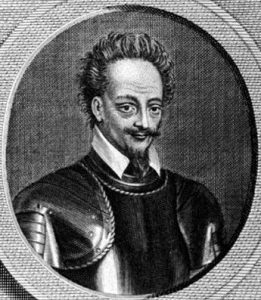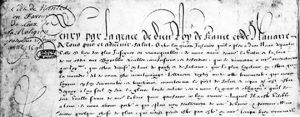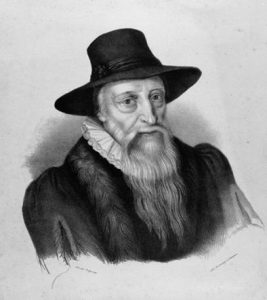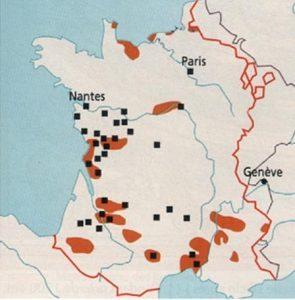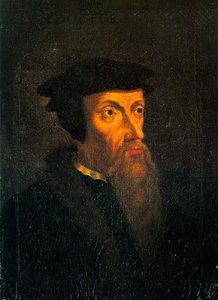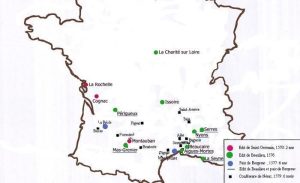The provinces of a federate republic
The United Provinces of the Midi, or the Provinces of the Union, founded at Anduze in February 1573, were the beginning of a kind of Huguenot State in southern France. Their protector was Henri Ist, prince of Condé, then Henri of Navarre.
The Huguenots thus created a kind of federative republic in which the central power structure allowed each province a great deal of autonomy. Authority was, however, entrusted to the « country », that is to say, the States General.
The political assembly which formed the federal executive was composed of deputies from each province ; they met every six months, made the laws, decided on peace or on war and stipulated on their taxes.
In fact, the United Provinces did not break away from the kingdom. They declared that their only aim was « to give glory to God, to further the reign of Christ, to serve the well-being of the crown and the common good of the realm » (“la gloire de Dieu, l’avancement du règne du Christ, le bien et service de cette couronne et le commun repos de ce royame”).
This system enabled the administration and justice of the State to function smoothly in the south of the realm. It enabled the rapid re-establishment of order under Henri IV.
It was with the leaders of the United Provinces that the king negotiated the provisions of the Edict of Nantes.

